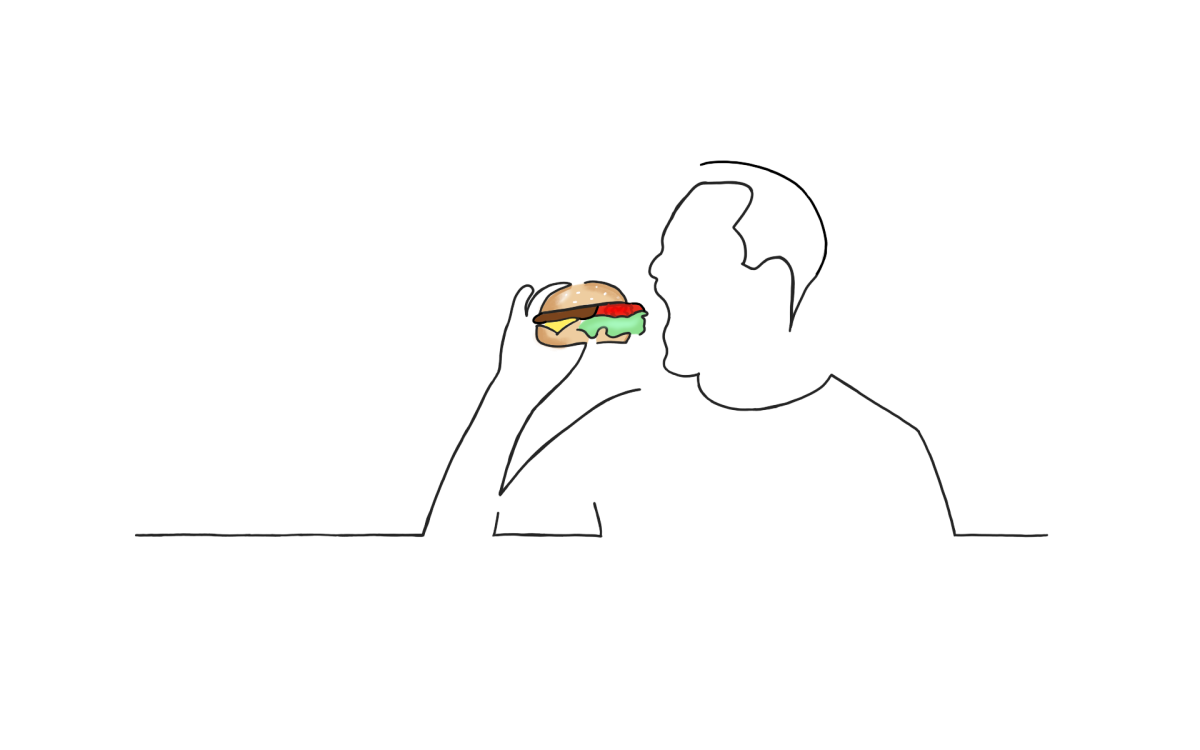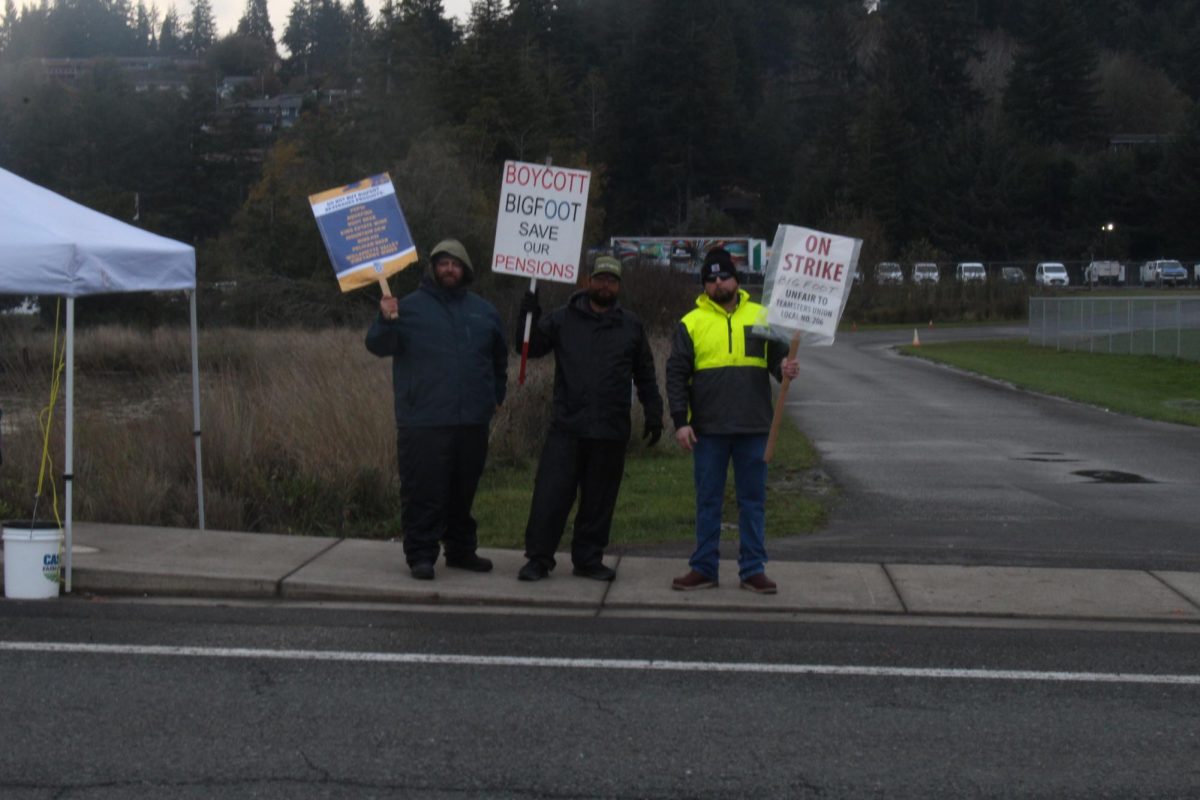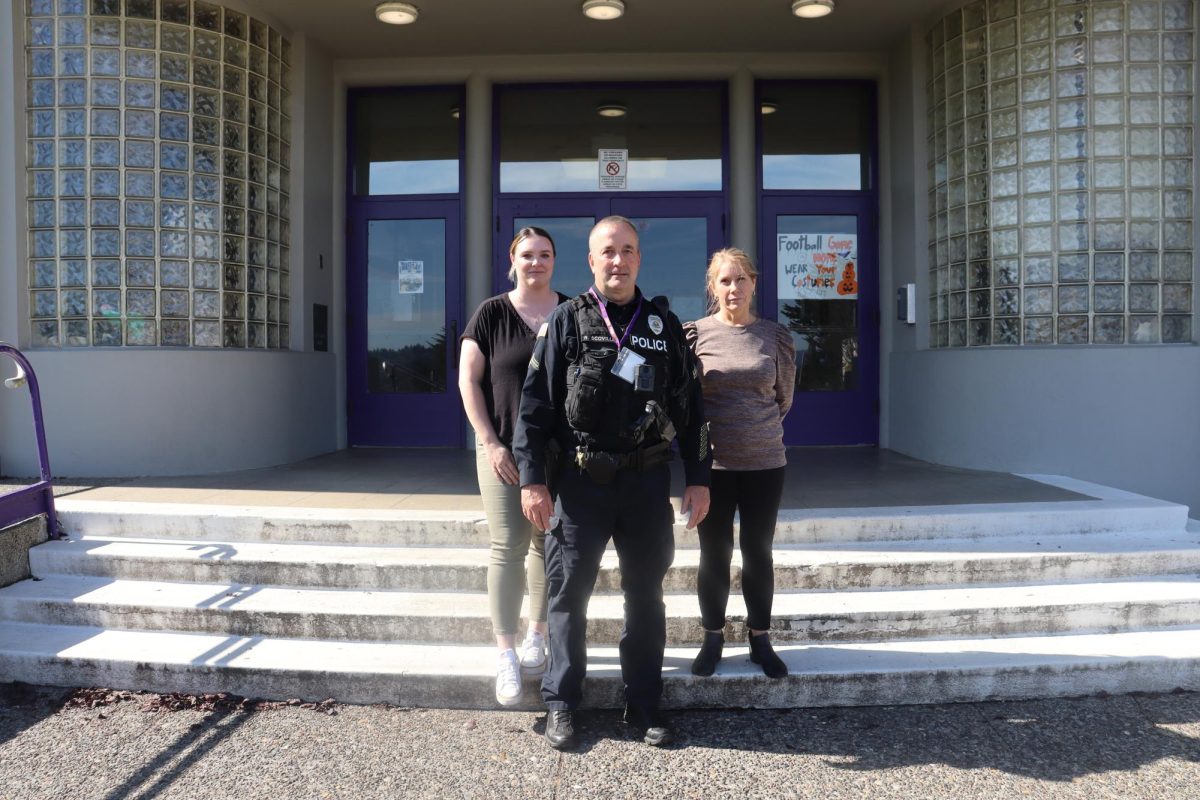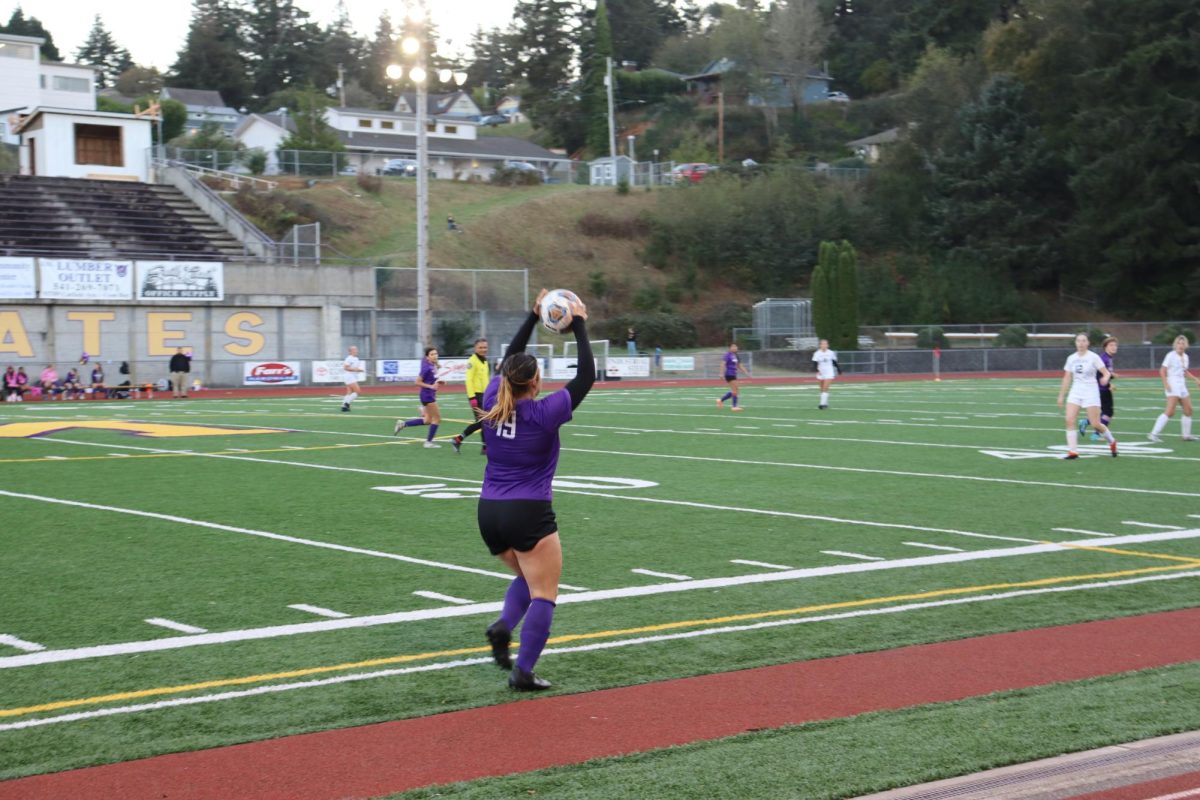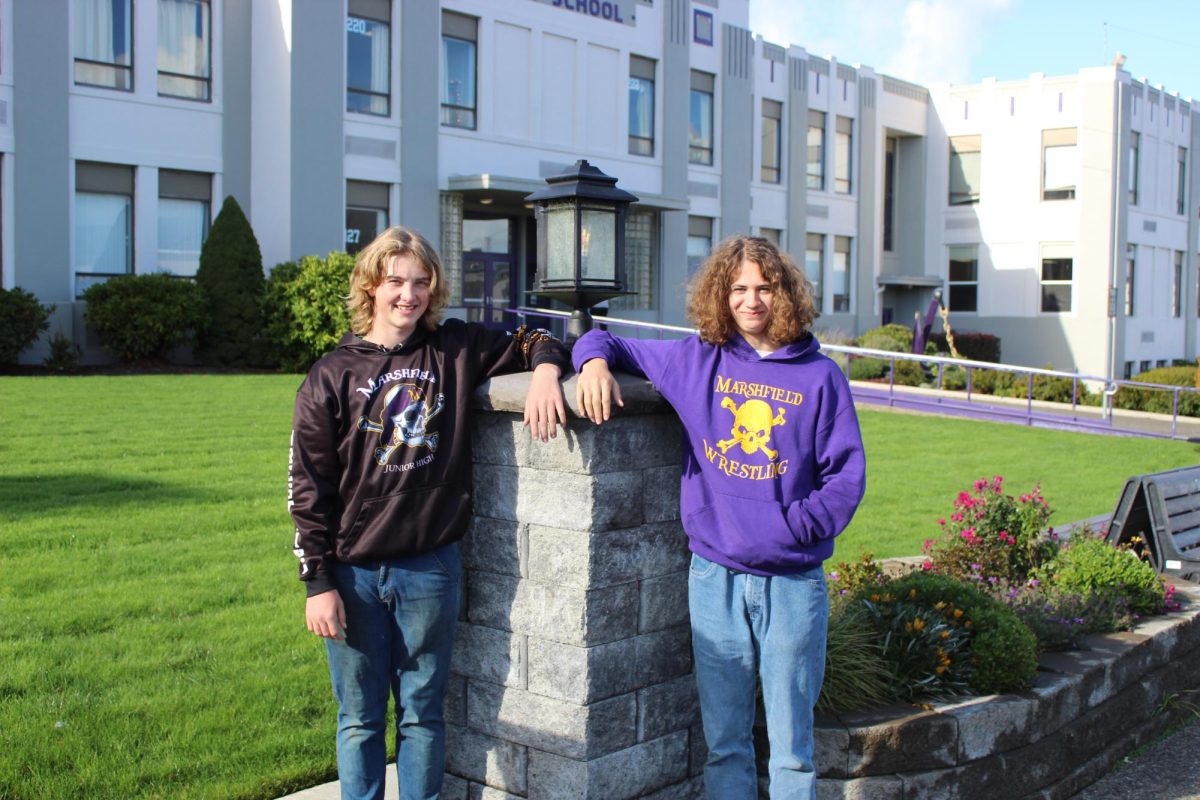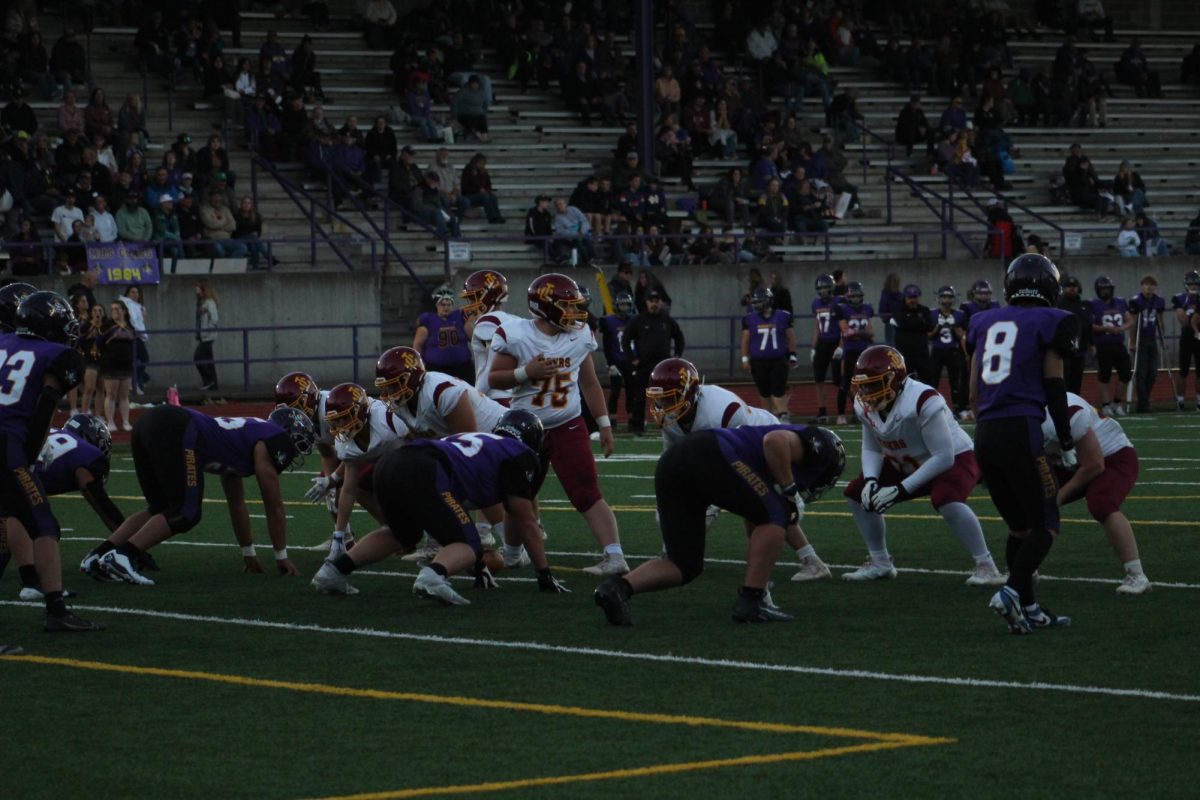Measure 110, a law to decriminalize small amounts of hard drugs, is soon to return to the Oregon ballot. Whether it will be overturned or altered is up to Oregonian voters. Originally passed in 2020, this ballot measure allowed those caught with small amounts of hard drugs to escape harsh punishments. Instead, minor fines and treatment become the focus. The goal of measure 110 was to stop punishing people for their addiction, and instead help provide treatment that should curb the initial problem. However, the small fines instead resulted in ignored punishment for a real issue.
“If you don’t pay your fines the court does nothing to you,” said Marshfield High School Resource Officer Robert Scoville. “Many law enforcement officers don’t write citations because there are no repercussions.”
Measure 110 has created many new problems in the state of Oregon–the largest of these has been the increase in crime. Although crimes of aggression like murder and abuse have not increased, offenses like burglary, robbery, petty theft, and trespassing have all increased since measure 110 passed. The reason: the need for a fix.
“Most of these drug addicts don’t work so they need to get the money somehow to acquire the drugs,” said Scoville. “So they turn to theft.”
Curfew violations, loitering, vagrancy, and disorderly conduct are all issues that have spiked since the passing of measure 110–all of these issues generally relate to the homeless population, which has also risen sense measure 110 passed. Oregon currently has the sixth highest homeless population in the country, but are second in homeless percentage. This means that Oregon has the most homeless people per 100 citizens.
City representatives debate on what is causing this crisis; one thing they have found is that more people are buying extortionate drugs; the high expense that puts them further behind on things like rent and car payments. This plummets them deeper into poverty, and eventually, homelessness. All these problems and crimes can lead back to being caused by one thing: the implementation of measure 110.
“We have all these problems in Oregon and Coos Bay that also happen in other places but not as severe,” local podiatrist Dr. Ryan Pederson said.
Some people like the idea of measure 110 and feel all it needs are some tweaks. One major thing that most people agree should be changed is that there needs to be forced rehabilitation. At the moment, measure 110 makes it so that people still need to choose to receive rehab. This was put into effect because Oregon wanted to see people make the choice to move away from drugs, see themselves that drugs are not helping them, and to seek improvement.
The measure got money from the marijuana tax, and with this money call centers have been built. However, these call centers are receiving hardly any calls. One statistic says only 557 calls have been made, which is miniscule compared to the 17,000 people on drugs in Oregon. No one is seeking help because the follow-through on committing to rehabilitation simply isn’t there.


